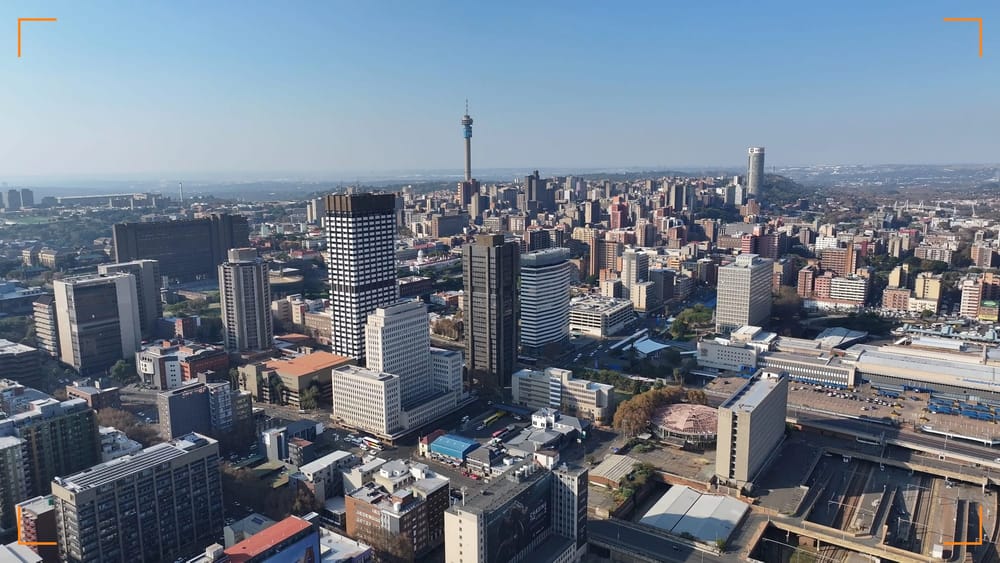
Report Details
Initial Publish Date
Last Updated: 19 AUG 2025
Report Focus Location: Europe
Authors: JH, MA
Contributors: GSAT
GSAT Lead: MF
RileySENTINEL provides timely intelligence and in-depth analysis for complex environments. Our global team blends international reach with local expertise, offering unique insights to navigate challenging operations. For custom insights or urgent consultations, contact us here.
Report Summary
This study presents a thorough examination of the current geopolitical and security environment throughout Europe-Eurasia, with an emphasis on high-profile developments in Europe.
- Karol Nawrocki was sworn in as Poland’s new president, signaling potential policy gridlock with pro-EU Prime Minister Donald Tusk and rising uncertainty over judicial reforms, migration, and EU integration.
- Ukraine restored independence to NABU and SAP, securing EU and IMF support, but prospects for peace remain limited amid stalled negotiations and intensified Russian drone and missile attacks.
- The EU sanctioned seven individuals and three entities for destabilizing Moldova’s democracy, highlighting growing risks of disinformation and Russian influence operations in Eastern Europe.
- Despite French objections, EU officials expect to finalize the EU-Mercosur trade agreement by December 2025, signaling expanded trade opportunities despite ongoing internal divisions.
- Anti-government protests in Serbia escalated into violent clashes, with heightened security crackdowns and mobility disruptions expected in Belgrade and Novi Sad.
- Russia’s hybrid warfare tactics, including record-breaking drone strikes in Ukraine and coordinated disinformation campaigns, elevate security concerns along NATO’s eastern flank.
- Violent riots in Limoges highlight localized gang-related security challenges in France, prompting heavier policing measures in urban hotspots.
- Germany’s failed offshore wind tenders reflect investor hesitancy driven by rising costs, supply chain disruptions, and volatile electricity pricing, prompting likely policy revisions.
- Portugal announced a €400M investment to modernize its electricity grid and expand battery storage, aiming to enhance energy resilience following April’s blackout.
- Finland’s prosecution of a Russian-linked tanker crew for damaging undersea cables underscores growing vulnerabilities to maritime infrastructure and drives stronger EU-NATO coordination.
- Record-breaking heatwaves and wildfires in Portugal triggered nationwide red alerts, straining emergency services and threatening tourism, agriculture, and logistics.
Remaining content is for members on Charter Member only.
Please subscribe to Charter Member and unlock this article and more content.
Subscribe Now






